Below you will witness a conversation with Mar Piquer Martínez, the coordinator of the PsicoNED project in Zanzibar. This initiative, which we have addressed previously in other articles, offers psychological and cognitive support to children with hydrocephalus and spina bifida, as well as to their families, in a context marked by vulnerability.
In this Press Conference you will learn more closely about different aspects such as the beginnings, the purpose and the challenges of the project, the needs of the Zanzibar community, how PsicoNED involves the local community and how digital tools like NeuronUP have significantly improved the care of these people.
1. For those who are not yet familiar with PsicoNED, can you tell us what the project consists of and what its purpose is?
PsicoNED is a comprehensive psychological care project that was born in 2023 as an initiative of the NED Foundation. Its objective is to offer psychological support to the boys and girls linked to the House of Hope in Zanzibar, as well as to their families.
The House of Hope is a social and health center managed by the Zanzibar Hydrocephalus and Spina Bifida Patients Association (HSBCO), co-financed by Child Help and the NED Foundation, of which I am a part. This center provides temporary housing and sustenance to families in situations of special vulnerability. It also facilitates transportation and coordination with Mnazi Mmoja Hospital, as well as with the NED Mnazi Mmoja Institute, where the reference neurosurgery service of the archipelago is located. In addition, it also offers physiotherapy and occupational therapy twice a week.
In this context PsicoNED emerged and, since then, the project has two main purposes:
- To psychologically and cognitively assess children with hydrocephalus and spina bifida in Zanzibar, designing individualized interventions that respond to their specific needs.
- To offer psychoeducation and emotional support to their families, communities and closest environments.
2. PsicoNED brings psychology and neurorehabilitation to Zanzibar. What needs did you detect in the community that made the importance of this project in the region evident?
Until a few years ago, children with hydrocephalus and spina bifida barely received surgical care in Zanzibar, due to the absence of neurosurgeons and material resources.
When the NED Foundation began to intervene in these cases and the children began to recover after surgeries, a new challenge arose: to create specialized resources for their care and subsequent rehabilitation. Thus the House of Hope was born, whose first service was physical rehabilitation through physiotherapy and occupational therapy.
PsicoNED arises along the same lines. Many of these children present cognitive impairments in functions such as memory, attention, language or planning. In addition, some have associated diagnoses such as intellectual disability, autism, epilepsy, etc. In Zanzibar there are no specialized psychology services, so no child had received a diagnosis nor much less a specialized intervention.
Having a disability in Zanzibar means a limitation in access to education, in addition to generating stigma and social rejection. Some children do not even attend school, for fear of being rejected or due to the lack of adequate resources. Others do attend, but do not receive adaptations and are completely disoriented.
For all these reasons, besides focusing on neuropsychology to promote their development, it was essential to also address other difficulties that these children and their families experience from a psychological standpoint.
3. To better understand the impact of PsicoNED, can you tell us what the team’s daily work consists of and what types of activities you carry out?
Currently, PsicoNED’s activities include:
- Individual neuropsychology sessions.
- Support groups for mothers and adolescents.
- Meetings for planning, designing and supervising interventions.
- Follow-up of the children in the school and family environment (home visits).
- Support for local volunteers.
- Community awareness about hydrocephalus and spina bifida.
The routine at the House of Hope varies each day, since many activities are organized on a weekly or monthly basis (such as support groups). We are currently implementing a structured weekly schedule as follows:
- Monday: agenda planning, sessions and material creation.
- Tuesday and Thursday: neuropsychology sessions.
- Wednesday: online meeting for session design, school and family coordination.
- Friday: online case follow-up meeting, and recreational workshops such as crafts, reading, painting or cinema.
4. You have a volunteer program. What kind of people can join PsicoNED and how can they contribute?
We are open to diverse profiles, although at the moment we are especially looking for people in the fields of psychology, neuropsychology, disability or education. Occupational therapists, speech therapists and teachers are also very welcome.
You can collaborate in many ways:
- Working directly with the children and families during cooperation missions.
- Offering training (in-person or online) to local professionals.
- Participating in case discussions or advising on interventions.
But you don’t need to be a specialist in anything or travel to Zanzibar to contribute. If someone knows about social networks, they can help us with content. If they have experience organizing events, they can lend a hand with solidarity Actions. There are a thousand ways to get involved.

Subscribe
to our
Newsletter
5. One of the pillars of the NED Foundation is its work model based on ‘Equip, Treat and Educate’. Why do you think this methodology is key in low-income regions?
This cooperation work model is especially key in low-income regions to ensure a sustainable long-term impact.
After many years working with this model as our compass, we have found that it works. That when you ensure the necessary material resources to work, train local people and “use” the knowledge and experiences of specialists to attend certain cases directly, supervise and guide local work, little by little they become less dependent on external help to achieve the objectives. They gain autonomy, knowledge, experience, and little by little they can take charge of their own projects. Until reaching the final objective: not being necessary.
This, of course, is progressive work and requires years of joint work, funding, supervision, constant training… Until it can be achieved.
In the case of PsicoNED, we are doing it like this:
- Equip has meant providing tablets, intervention materials, access to online platforms like NeuronUP, and creating an adapted space in the House of Hope.
- Educate we experience every day, through the trainings we organize for the local team, constant supervision, weekly meetings with specialists from Spain, and mentoring local students who are also training.
- Treat we do both in in-person missions and in continuous follow-up from here, directly supporting the most complex or sensitive cases.
6. If you had to summarize this past year of PsicoNED in three words, what would they be and why?
Persistence, reflection, expansion.
Persistence because we have worked nonstop and have created a truly committed work team. Reflection, because every step we take requires carefully evaluating the idea and assessing its possibilities, as well as constant review of the process. And expansion, because we have expanded the services we offer, the number of families that benefit from them and our collaboration with more local entities.
7. You work with children and families in vulnerable situations. What direct impact are you seeing on them? Is there any story that reflects this change well?
The impact we are seeing on the children and their families is real and very moving.
In the children, we notice how they gain confidence in themselves to face some tasks that we work on in the sessions. Some have improved greatly on attention tasks, for example, something that may seem small but has an enormous impact on their daily lives.
And in the mothers, the change is also very evident. Many of them, who at first were closed off, fearful or carrying the burden of the situation alone, Right Now allow themselves to share what they feel, express themselves more freely, support each other and a very beautiful network is being created.
If I have to choose a story that reflects this change, I think of Amina. She is 19 years old and only went to school for a couple of years when she was little, due to family problems and a total lack of support from the education system. Amina has hydrocephalus, an associated intellectual disability and suspicions of ASD. A year ago, she would hide if someone spoke to her, she did not want to participate in anything, she did not touch any technological device and her day-to-day was limited to doing some household chores.
Right Now, Amina is part of the youth group, expresses herself with much more confidence, works with us on exercises from NeuronUP, is learning to write some words and to recognize letters. She leaves the sessions happy, laughs, participates, has gained a huge amount of confidence. She has found a place where she feels respected, understood and integrated. Seeing her progress is impressive, and it is precisely because of stories like hers that we continue here.
8. Collaboration is key in this type of project. How does PsicoNED involve the local community in its own transformation?
In fact, PsicoNED not only involves the local community, but it is formed by it. Each action is designed and executed jointly with local professionals. The direct work is carried out by them, and when there are missions, we do it together.
From the beginning we knew we wanted to form a mixed team with local professionals. They know the reality first-hand and, in the long term, they are the ones who should lead the development of their own programs. We meet weekly, they carry out the interventions and we supervise them together. They are the visible face of the project.
For example, Hamissa will be a practice tutor for two Psychology students from Spain and mentors a local teacher. Decisions are not made from Spain: they are proposed, discussed and evaluated as a team. This is how the Foundation conceives cooperation, and honestly, neither I nor anyone on the team understands any other way of working.
9. Technology plays a key role in PsicoNED’s work. How have tools like NeuronUP helped in patient care?
NeuronUP has greatly facilitated the work. It is an intuitive tool, with activities classified by cognitive function and level of difficulty. This is key, since they do not have specific training in neuropsychology or cognitive stimulation. The platform also allows registering activities and results, which facilitates coordination and follow-up among professionals. And the best part is that the children enjoy it a lot. For many of them, it is their first experience with a tablet, which adds a very powerful motivational component.
10. One of the constant challenges in social projects is funding. How is PsicoNED sustained and in what ways can people or entities support its growth?
PsicoNED is sustained thanks to the NED Foundation, which in turn is sustained thanks to donations from individuals, membership fees or collaborations with public or private entities. In addition, the Foundation has the Fundación Lealtad seal, which certifies its transparency and responsible use of funds. In Spain, it is estimated that there are between 27,000 and 30,000 non-governmental organizations (NGOs). Of these, only 293 have obtained the Accredited NGO Seal awarded by Fundación Lealtad, among which the NED Foundation is included.
I take the opportunity to insist on something that I find fundamental: any help, no matter how small it may seem, is important and necessary. 5 euros can make a difference for many families. It can be the possibility of covering public transportation to take their children to neuropsychology and physiotherapy sessions, which are key in their rehabilitation process. With 5 euros, some families can have diapers for the whole week.
With this I mean that you don’t need to make a large donation for it to make sense. Really, any contribution adds up. And the truth is that, to be able to cover many of these basic needs, to be able to continue advancing, we need funding. Without it, we cannot ensure the sustainability of the projects in the long term.
11. Looking to the future, what are PsicoNED’s dreams and goals for 2025?
Our dreams for 2025 are:
- Maintain or even increase the current team.
- Expand the neuropsychology sessions.
- Begin individualized psychological support for mothers within a therapeutic framework.
- Start developing services in Pemba in collaboration with local associations.
- Be able to cover some urgent basic needs of the most vulnerable families.
12. Finally, what drives you every day to keep going with PsicoNED?
Without a doubt, knowing that thanks to the project some children will be able to enroll in school, and others who already are will be able to do so with the support and follow-up they need. Thinking that schools will be better prepared and sensitized to hydrocephalus, spina bifida and other causes of disability. That there will be better-trained psychologists in these areas.
I am also moved by knowing that we are helping people understand hydrocephalus and spina bifida and that hopefully, little by little, this will translate into fewer family abandonments, especially by men who disengage after the birth of a child with a disability.
PsicoNED is just a piece of a larger mechanism: the House of Hope, the NED Foundation and the local associations. And everything makes more sense when you connect the pieces.
For example, through home visits we detect situations of extreme vulnerability and activate all possible resources: we arrange the family’s transfer to the house, facilitate access to medical care, psychological support and coordinate with other local resources and services.
What I mean by this is that PsicoNED goes far beyond offering neuropsychology sessions in an office. It is a solid support network, which works in coordination with other entities and which, thanks to that connection, many times manages to prevent tragic situations and improve the quality of life of many families. So, as you can see, I have plenty of reasons to keep going every day.
Don’t miss other related content about the Zanzibar project:
“This article has been translated. Link to the original article in Spanish:”
La lucha por la neurorrehabilitación infantil en África: entrevista a Mar Piquer, coordinadora de PsicoNED
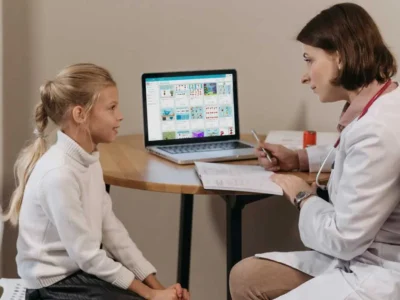
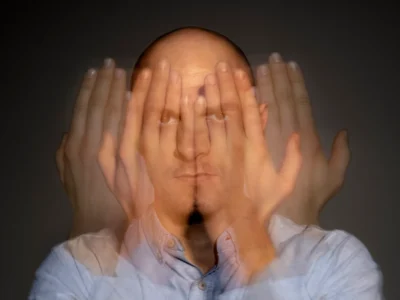
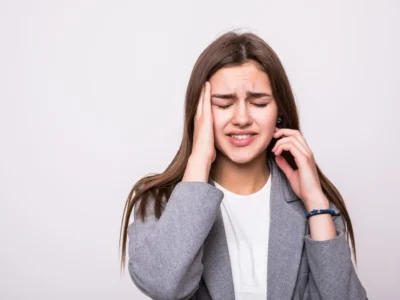
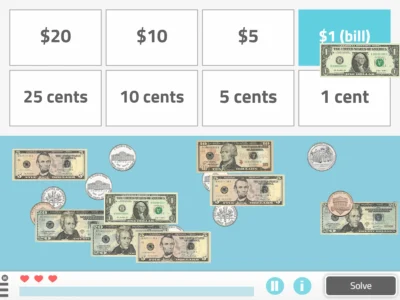
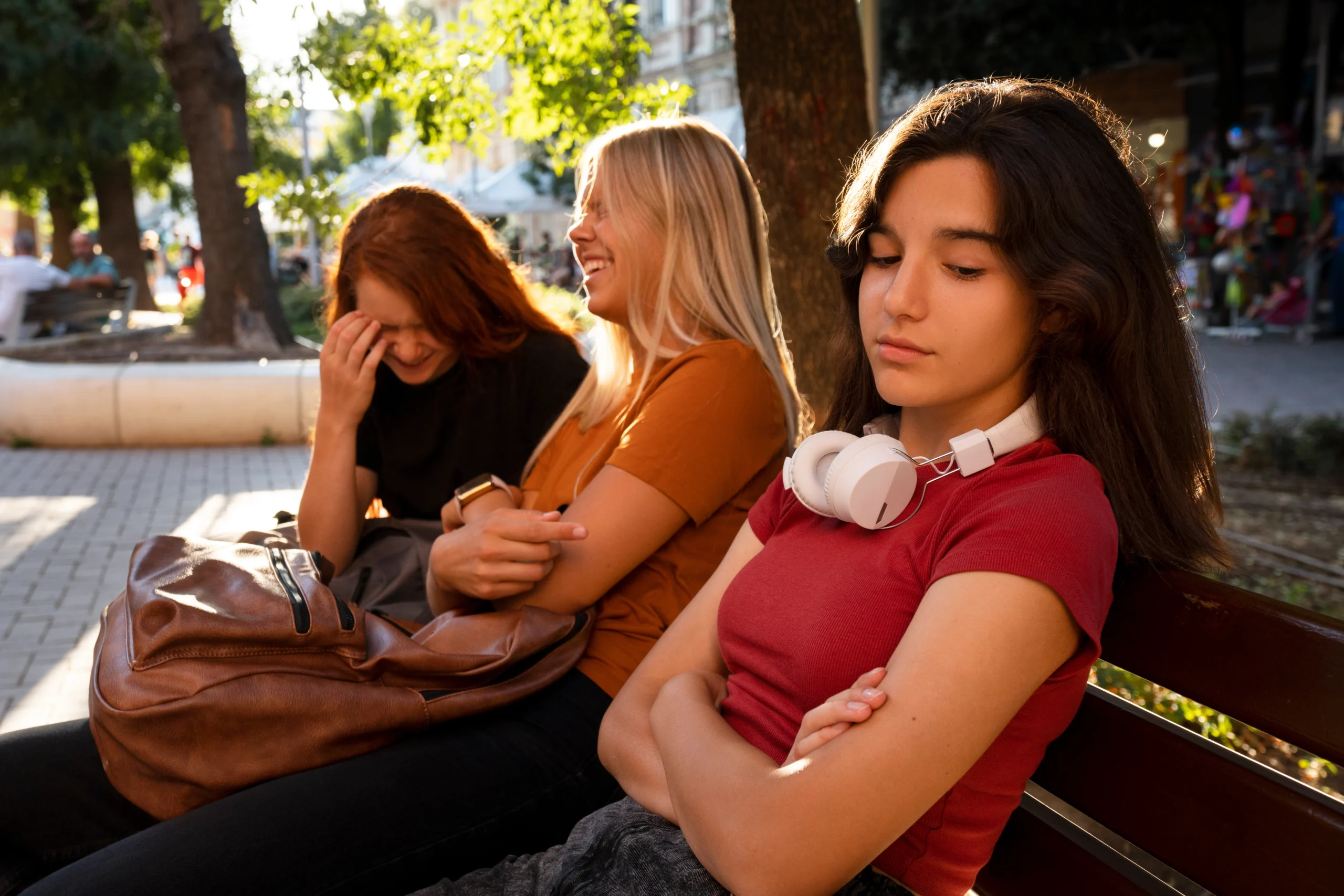
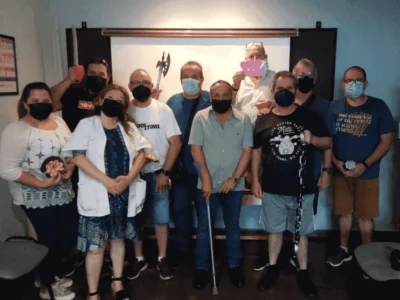
 Inhibition Game for Adults: Pick the Flowers
Inhibition Game for Adults: Pick the Flowers
Leave a Reply